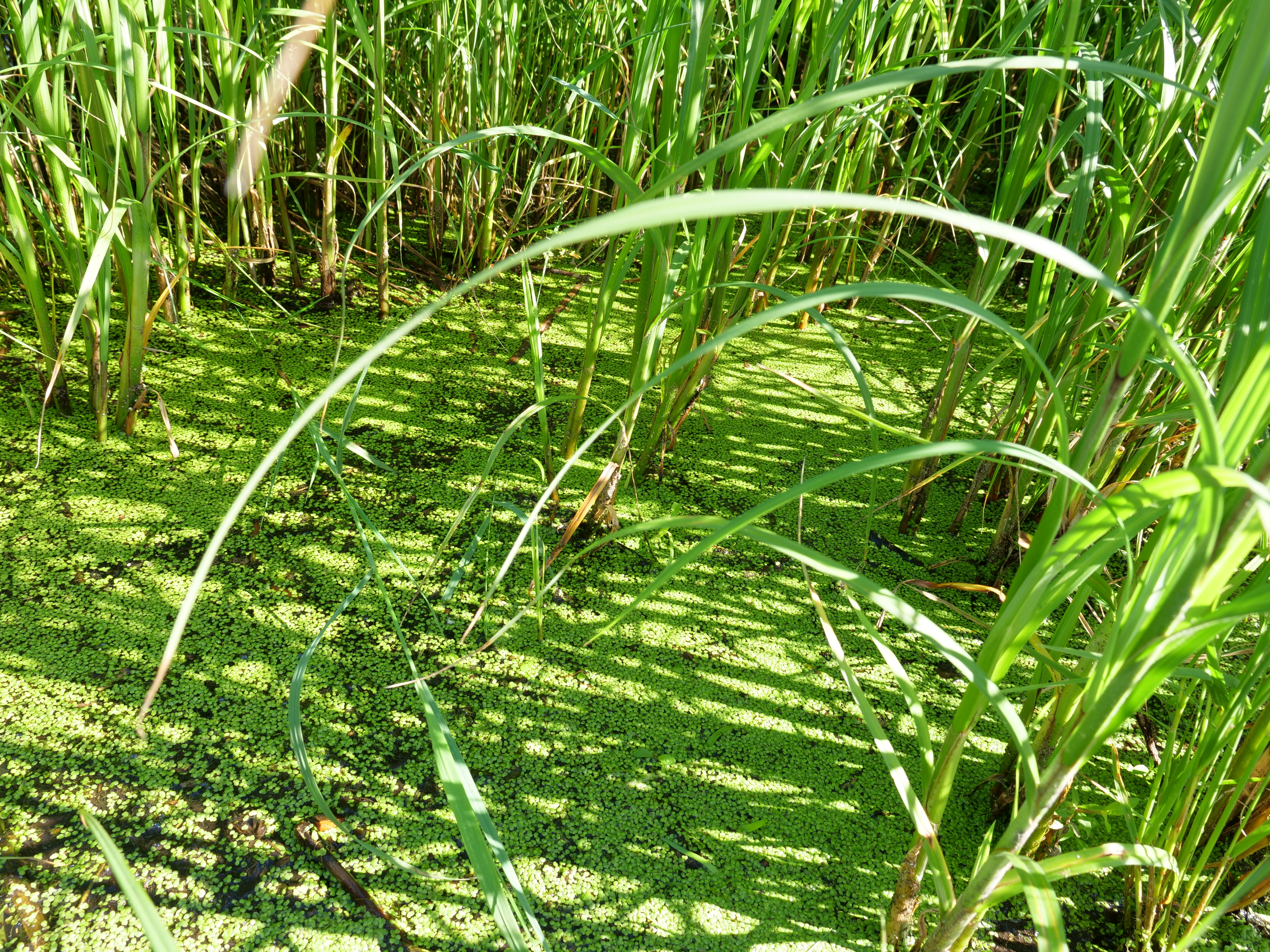Goal 14: Life Below Water

research impact
For the period 2017-21
№ relevant publications: 320
№ times cited: 6,034
Sample Courses
News
Stewardship
Seafood Certifications
To help ensure that seafood served at the U of A is sustainably harvested, Dining Services has chain-of-custody certifications from the Marine Stewardship Council (MSC) and Aquaculture Stewardship Council (ASC) through their contract with Aramark. Meals in Lister Hall and Peter Lougheed Hall may include certified basa, cod, haddock, pollock and sole.
Water Quality Treatment
EPCOR treats all water discharged from the University of Alberta before it enters surface waters. The water treatment process ensures that water quality meets standards indicated in the EPCOR Drainage Services Bylaw and the Government of Alberta’s Environmental Quality Guidelines for Alberta Surface Waters. This ensures that water discharges maintain sufficient quality to protect ecosystems, wildlife and human health.
Outreach
Bamfield Marine Sciences Centre
The Bamfield Marine Sciences Centre was established by the University of Alberta and four other Western Canadian universities to pursue education and research in the marine sciences. Since 1975, the centre has provided multi-day field trip experiences for students of all ages. In addition to experiential learning for K-12 and university students, the centre hosts research seminars, develops educator resources and hosts a data library.
Research
Faculty of Science professor Stephanie Green fell in love with the sea at the Bamfield Centre. Now she runs her own research program and teaches about climate change and oceanic restoration at the U of A.
The Molecular Biogeochemistry Lab
The Molecular Biogeochemistry Lab engages in research that is rooted at the nexus between two primary disciplines: organic geochemistry and microbial ecology. This emphasis is by design, as the scientific questions we are most drawn to revolve around carbon dynamics and the hydrological and microbial systems that govern them on a variety of spatial and temporal scales. The Molecular Biogeochemistry Lab does research that investigates how Arctic ice melt runoff will affect the makeup of coastal waters.
NOTABLE STORIES
🔗 Hunting for marine plastic with satellites
A combined team from the University of Alberta in Canada and Technical University Delft in the Netherlands performed fundamental physics analyses—including attempting to better quantify the wave-damping effect of marine plastic litter, which might be harnessed to estimate plastic concentrations in the future.
🔗 Master’s grad thrives on team atmosphere as scientist and athlete
For his thesis, Buchart modelled the fate of a peculiar sea ice phenomenon called the North Water Polynya, an area of year-round open water surrounded by sea ice located in North Baffin Bay, sandwiched between Canada’s Ellesmere Island and the western coast of Greenland.


